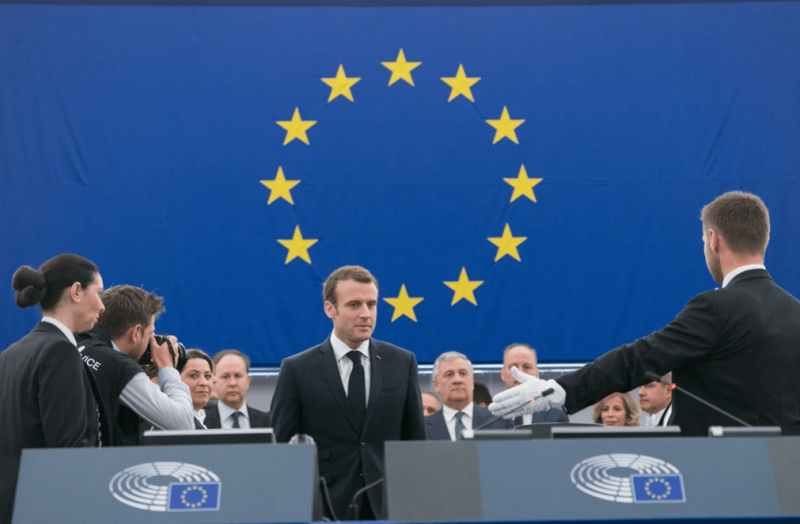A bitter setback for the environmentalist nebula
So, this is obviously a major setback for the environmental nebula, which mobilized until the last day, pulling out of its hat here an alarming report, there an anxiety-provoking declaration from a pseudo-expert, all without surprise with the complacent support of certain journalists, notably within the editorial staff of Le Monde. And after the announcement of this re-approval, we witnessed a flood of totally inept comments, repeating the worst lies concerning this product, with the height of ridicule, once again, the conspiracy thesis of the hyperpower of the pesticide lobby. Not to mention the Minister of Ecological Transition Christophe Béchut, who described this re-approval as “crazy”. Let us be clear, and I repeat it once again: the Commission’s decision is in line with the wishes of a large majority of Member States, since only three of them, Austria, Luxembourg and Croatia, wanted the ban on glyphosate. But it is also a setback for President Macron, mired in a sort of theater game, or rather a sort of vaudeville, which he is used to.
Thus, the president claimed to want not to prevent the re-approval of glyphosate in order not to leave the agricultural world without a solution, and at the same time, to impose on the rest of the European Union the restrictions on use that France has already imposed on its farmers. And this in order to satisfy its environmentally-minded electorate. If he had succeeded, he could have argued that he would have acted for the environment and at the same time for the farmers. Except that France found itself alone before the Commission, with no other country in the Union wishing to follow the path traced by Macron. As a result, the French government disappointed its environmentalist electorate, who were counting on it to impose a ban, and at the same time, it betrayed farmers by refusing to make a decision based on the scientific expertise of our health agencies, the French and the European. And that’s not all.
Re-approval for 10 years but…
Glyphosate is now re-approved for 10 years for all European farmers, but with stricter restrictions in France than in all other countries. However, the French government implicitly recognizes that alternatives to glyphosate penalize our farmers, since it admits that they lead to a distortion of competition, and this without the assurance of having a better impact on the environment. As the FNSA points out, the ball is now in France’s court. Because if the government wants to be faithful to its commitments made at the last agricultural show, that is to say respect the European framework and nothing but the European framework, it is up to it to reverse these restrictions which are weighing down our agriculture.
[Editor’s note: This article has been translated from French and edited for clarity.]
Gil Rivière-Wekstein is an author and editor bringing critical and original voice on sensitive subjects like GMOs, pesticides, irrigation, organic agriculture.































